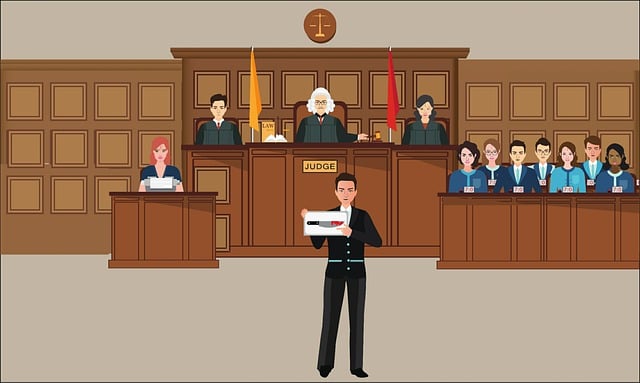Adopting tech solutions streamlines legal processes, enhances data security, and enables professionals to provide up-to-date advice on Immigration Consequences of DUI Convictions in a rapidly changing regulatory environment. Legal systems must evolve with digital trends like blockchain and AI to manage data privacy, navigate international jurisdiction, and create more efficient, adaptable, and accessible services.
“In today’s digital age, technology is reshaping the legal landscape, offering innovative solutions to longstanding challenges. This article explores how tech solutions are future-proofing law, with a focus on modern approaches and their impact on immigration consequences of DUI convictions.
We’ll delve into understanding the intersection of technology and law, examining the challenges faced and the opportunities that arise in keeping legal systems up-to-date. By embracing technological advancements, legal professionals can enhance efficiency, improve access to justice, and navigate complex issues like DUI cases with greater precision.”
- Understanding Tech Solutions for Law: A Modern Approach
- Future-Proofing Legal Systems: Challenges and Opportunities
Understanding Tech Solutions for Law: A Modern Approach

In today’s digital era, understanding tech solutions for law is more crucial than ever. The traditional legal landscape is undergoing a metamorphosis as technology advances at an unprecedented pace. One area where this shift is particularly evident is in managing and mitigating Immigration Consequences of DUI Convictions. By leveraging innovative tools, legal professionals can now enhance their services, ensuring clients receive up-to-date advice tailored to the complexities of modern immigration laws.
Tech solutions offer a range of benefits, from streamlining document management to facilitating secure communication with clients. For instance, digital platforms enable efficient tracking of DUI Convictions and their potential impact on immigration status, allowing lawyers to promptly guide their clients through intricate legal processes. This modern approach not only revolutionizes traditional practices but also ensures that law firms stay ahead in an ever-changing regulatory environment, particularly when addressing sensitive issues like the Immigration Consequences of DUI Convictions.
Future-Proofing Legal Systems: Challenges and Opportunities

The legal landscape is undergoing a rapid transformation due to technological advancements, presenting both challenges and opportunities for future-proofing legal systems. As we navigate an increasingly digital world, traditional legal frameworks must evolve to keep pace with emerging trends like blockchain, artificial intelligence, and cloud computing. One area where this is particularly evident is in managing data security and privacy, ensuring that sensitive information remains protected while leveraging the benefits of new technologies.
Moreover, future-proofing involves addressing complexities such as international jurisdiction and cross-border data transfer, especially in matters like the Immigration Consequences of DUI Convictions, where a globalized legal system must account for varying national laws and regulations. While these challenges are significant, they also offer an opportunity to create more efficient, accessible, and adaptable legal systems. By embracing technological innovations responsibly, legal frameworks can enhance their effectiveness and better serve individuals and societies in the digital age.
As we’ve explored, integrating tech solutions into legal systems offers a promising path to future-proofing our justice processes. By embracing innovative approaches, such as advanced data analytics for case management and secure digital platforms for document storage, we can enhance efficiency, accessibility, and fairness in the administration of law. This is particularly crucial in areas like immigration, where understanding the technology behind it can mitigate the potential immigration consequences of DUI convictions, ensuring fairer outcomes and smoother legal navigation. Through strategic adoption and continuous adaptation to technological advancements, legal systems can stay ahead, fostering a more robust and responsive society.






